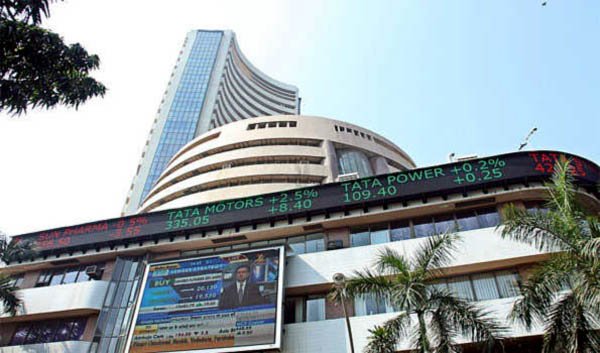Tokyo/New Delhi, Aug 29 (UNI) India and Japan today outlined a roadmap of their bilateral partnership for the next decade and also set a target of 10 trillion yen investment from Japan to India during the same period.
This followed talks between Prime Minister Narendra Modi and his host, Japanese Prime Minister Shigeru Ishiba, at the latter’s official residence Kantei in Tokyo, where PM Modi was also accorded a ceremonial welcome and Guard of Honour.
In his media address, following talks with PM Ishiba, PM Modi said: “Today we have laid a strong foundation for a new and golden chapter in our Special Strategic and Global Partnership. We have created a roadmap for the next decade. At the core of our vision are investment, innovation, economic security, environment, technology, health, mobility, people-to-people exchanges, and state-prefecture partnership.
“We have set a target of 10 trillion yen investment from Japan in India over the next ten years. Special emphasis will be laid on connecting Small and Medium Enterprises and Start-ups of India and Japan,” he said.
PM Modi said that their Joint Credit Mechanism is a big win in the field of energy security. “It shows that our green partnership is as strong as our economic partnership,” the PM said, adding that the two nations are also launching the Sustainable Fuels Initiative and Battery Supply Chain Partnership.
The PM also announced the launch of the Economic Security Cooperation Initiative, under which the two nations will move forward with a comprehensive approach in critical and strategic areas. He pointed out that cooperation in the high technology sector is a priority for both the sides. “In this context, Digital Partnership 2.0, and AI cooperation initiative are being taken. Semiconductors and rare earth minerals will be at the top of our agenda,” the PM announced.
“We believe that Japanese technology and Indian talent are a winning combination. While we are working on cooperation in high-speed rail, we also plan to make rapid progress in areas like ports, aviation and shipbuilding under the Next Generation Mobility Partnership,” the PM said.
The PM welcomed the agreement reached between ISRO and JAXA (Japan Aerospace Exploration Agency – Japan’s national air and space agency) for cooperation in the Chandrayaan-5 mission. “Our active participation will become a symbol of progress of humanity beyond the boundaries of the earth and in space as well,” he added.
The PM also announced that under the action plan of human resource exchange, the two sides will encourage the exchange of 500,000 people in different fields in the next five years. “In this, 50,000 skilled Indians will actively contribute to the economy of Japan,” the PM said.
The PM also announced the cooperation between different Japanese prefectures with Indian states. “Now the connection between Indian States and Japanese Prefectures will deepen through institutional cooperation. This will open new doors for trade, tourism, education, and cultural exchanges,” he added.
“India and Japan are fully committed to a free, open, peaceful, prosperous, and rules-based Indo-Pacific,” the PM said, with the comments coming amid Japan’s increasing friction with China over the latter’s forays in the East China Sea and into areas that Japan considers part of its maritime area.
“We have similar concerns about terrorism and cyber security. Our common interests are linked to defense and maritime security. We have decided to further strengthen mutual cooperation in the field of defence industry and innovation,” the PM said.
“India and Japan partnership is rooted in mutual trust, reflects our national priorities, and is shaped by our shared values and beliefs. “Together, we carry a common dream of peace, progress and prosperity of our peoples and for the world,” the PM said, and invited the Japanese PM to India for the next annual summit.
Earlier in his speech, the PM said their discussions today were both productive and purposeful. “We are both of the same opinion that as the world’s two largest economies and vibrant democracies, our partnership is extremely important not only for our two countries but also for global peace and stability. Strong democracies are natural partners in shaping a better world,” he added.











